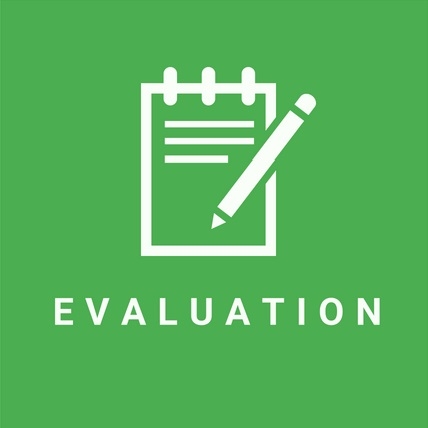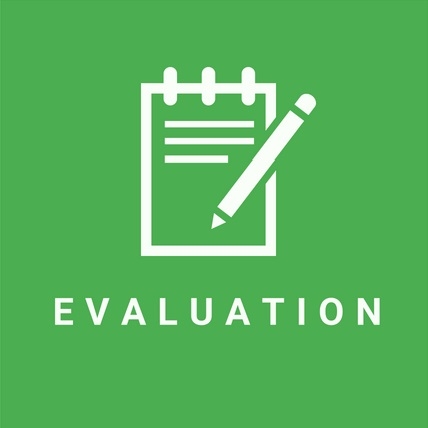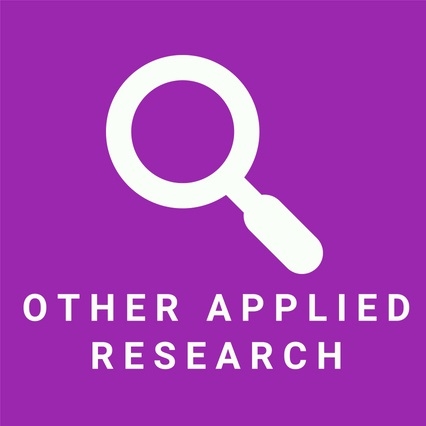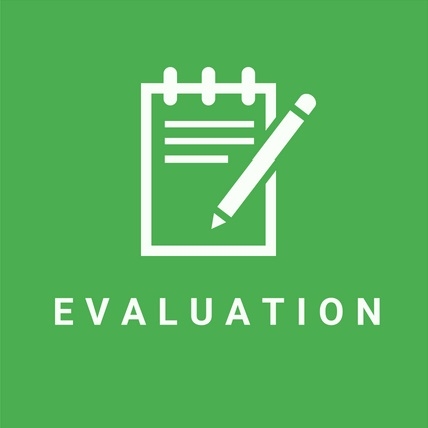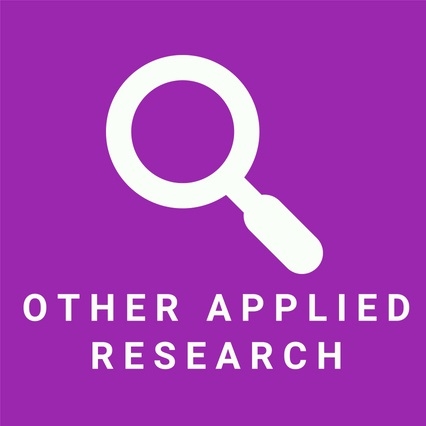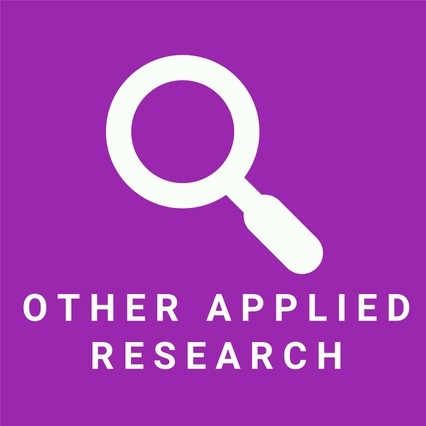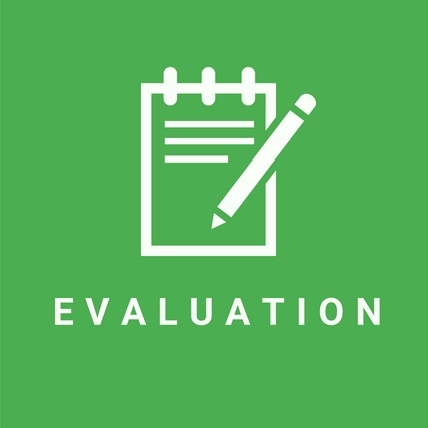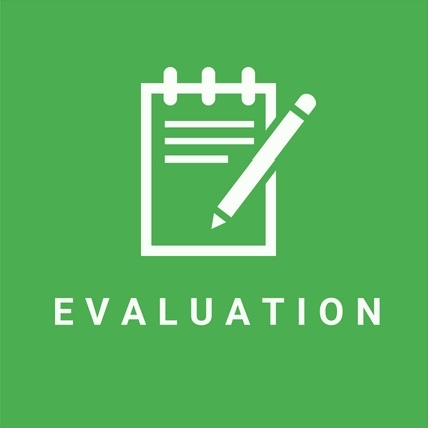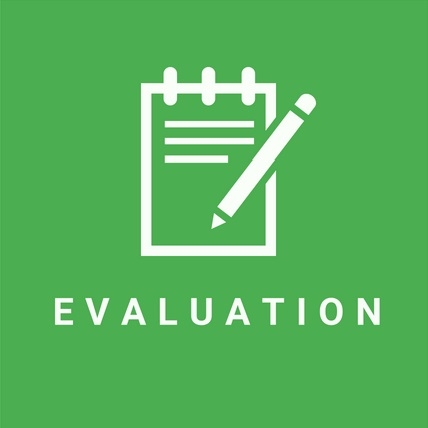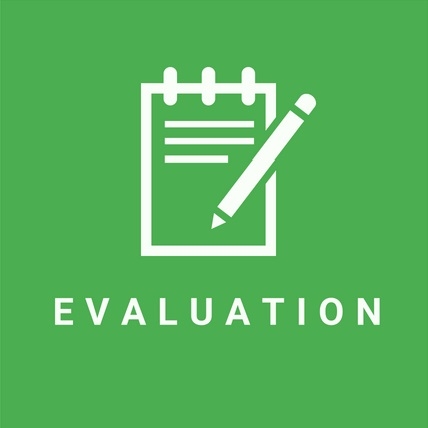Projects
CCBR typically has 15-20 ongoing projects and has completed over 500 projects since 1982. Each project is guided by our commitment to impacting social change in practical and powerful ways. We conduct research with people not on people, cultivating respect with communities at every step of the process.
Projects can be searched for using words from the project title or using the service area, theme, or date range for the project. You can also type 'Service Area' or 'Theme' into the search bar to get a list of options in each of these fields.
Projects
St Stephen’s Community House’s Crystal Methamphetamine (CM) Project is a peer-led, harm reduction project aimed at building the capacity of service providers and people who use crystal methamphetamine to respond to the rising use of CM and associated health and social issues. CCBR worked with lead evaluator, Dr. Gillian Kolla to design and co-moderate focus groups employing body-mapping methods for program participants.
In close collaboration with staff from the Alzheimer Society of Ontario (ASO), we conducted a province-wide evaluation of the accessibility and value of their First Link Care Navigation (FLCN) services to racialized, Indigenous and ethnically diverse service users (people living with dementia and care providers). Findings from the study were used to inform ASO’s ongoing efforts to close the gap in dementia support for racialized, Indigenous and ethnically diverse communities.
In partnership with Dr Zack Marshall (and his research partners, the Pacific AIDS Network), we co-designed participatory research to 1) document how the COVID-19 crisis was impacting the lives of peer researchers in HIV Community Based Research and 2) identify how to minimize the indirect consequences of the pandemic by highlighting key recommendations for academic researchers, staff working in HIV community-based organizations, and peer researhers themselves. Data collection included a series of arts-based, popular education informed virtual focus groups with peer researchers across Canada. Project recommendations were mobilized through established communities of practice.
Drawing on multiple qualitative methods, the TMC and CCBR worked collaboratively to build their overarching evaluation framework including a theory of change, main evaluation questons, monitoring tools and implementation plan. Data collected from TMC staff, partners and other stakeholders offered valuabe insight into the impact and value of their Self-Reg service offerings for both existing and future partners.
In this collaborative project, we and our partners worked with adolescents with T1D and their caregivers to understand how peer support is helpful for improving disease self-management. This 4-phase project used a participatory research approach by working in partnership with adolescents with T1D and their caregivers.
The Mennonite Brethren (MB) Confession of Faith is a guide for biblical interpretation, theological identity, and ethical practice. This research project explored the divergent ways that Canadian MB congregations have used the Confession to guide their thought and action.
The purpose of this project was: 1) to build the community-based evaluation capacity of organizations that are attempting to eliminate violence and promote peaceful and equitable societies, and in the process, 2) strengthen the implementation of Canada’s Sustainable Development Goals (SDG) 2030 Agenda.
CCBR developed and delivered a tailored online community-based research certification course for Scarborough Centre for Healthy Communities youth leaders and staff. Participants of online workshop sessions learned the fundamentals of community-based research.
This course, Special Topics: Research for Social Action was offered at Conrad Grebel University College to upper-year undergraduate students and Masters of Peace and Conflict Studies students. The course explored how research can be an intervention towards positive change in society.
The Hamilton Immigration Partnership Council (HIPC) contracted CCBR to design an evaluation framework that will guide HIPC’s evaluation activities over the next five years.
